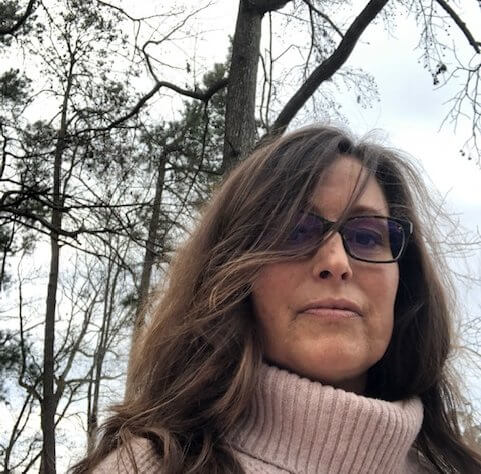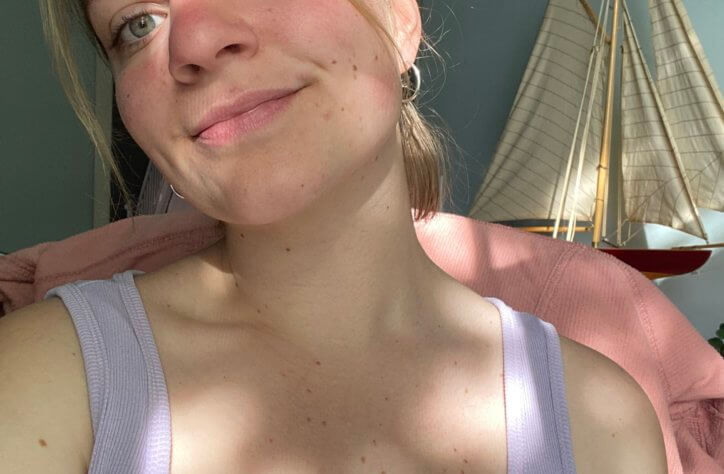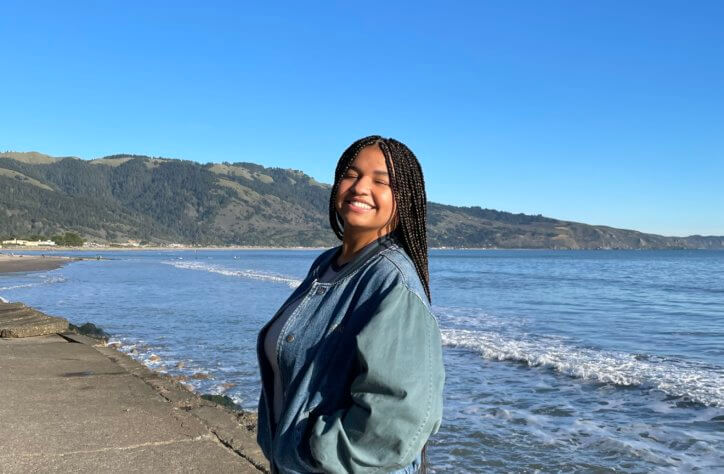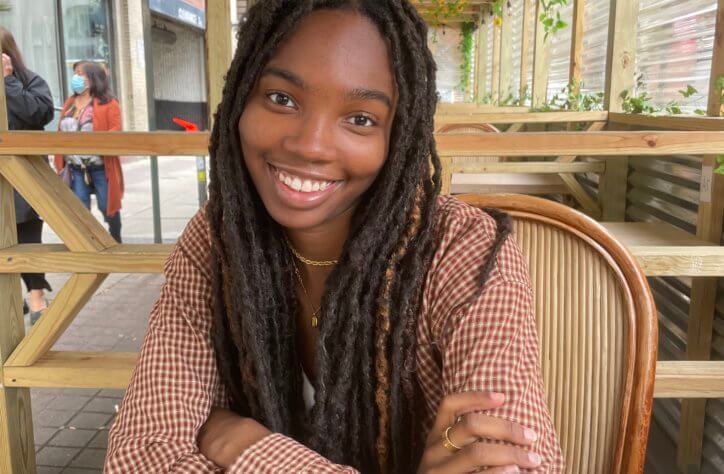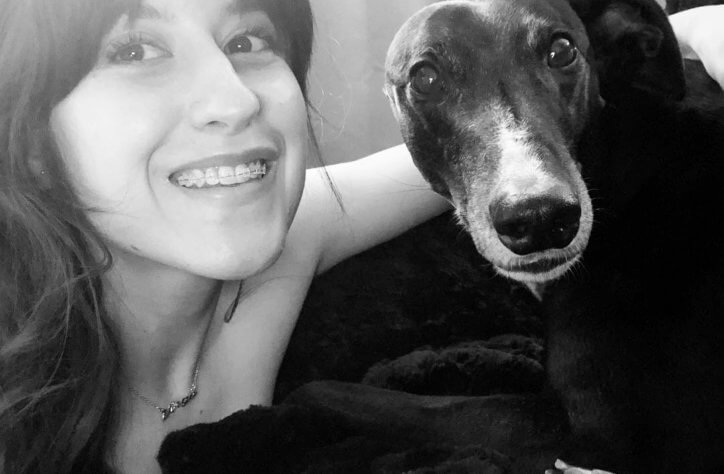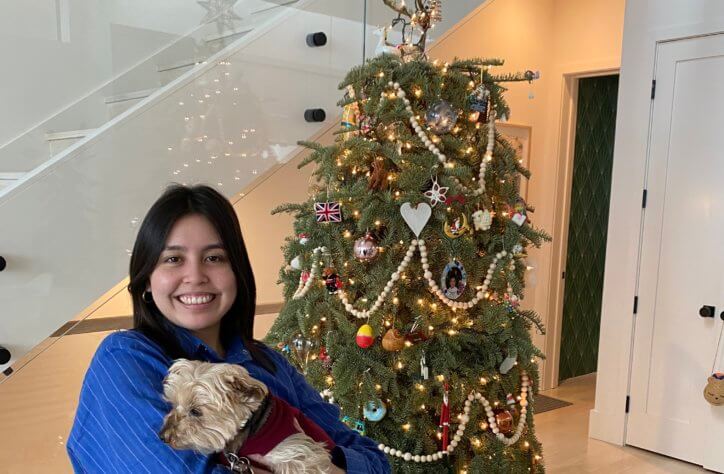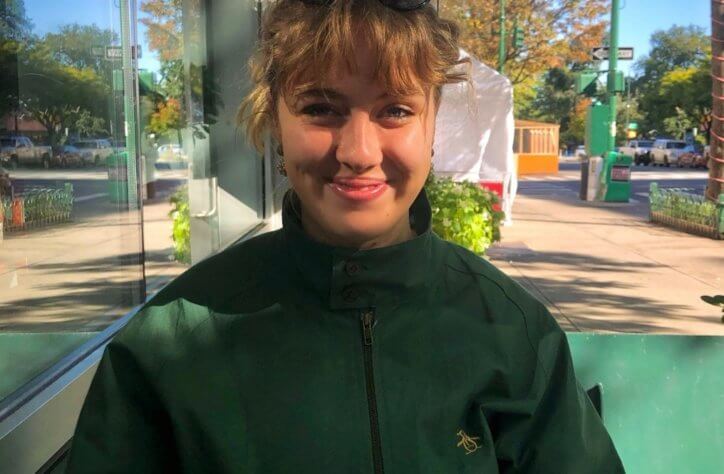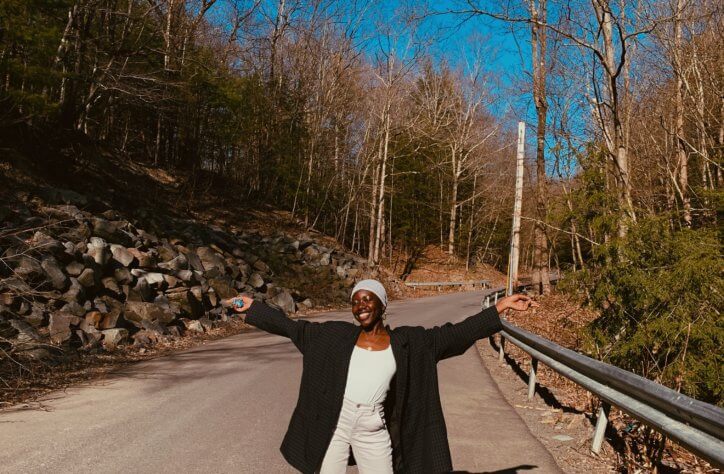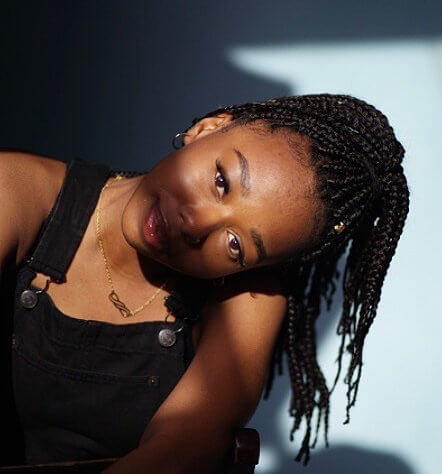Exploring masculinity within my blackness. By Qhairo
When I think of masculinity as a 27-year-old man it’s hard for me not to think of blackness in relation to it. As a young boy I thought of masculinity as a fixed immovable object. Men played sports, were brave and strong, settled their quarrels with fights and provided for the family (masculinity). Women were soft, caring, nurturing and resilient (femininity). But as I got older, I began to wonder where I fitted in this equation. I didn’t play sports, didn’t think I was particularly brave or strong and didn’t much fancy fighting either. I was however artistic, caring and nurturing, traits I hadn’t particularly attributed to men but saw in women. I always did wonder why I felt more comfortable being open around women. was it because I played with barbies and Bratz dolls as a kid? Was it because I preferred double Dutch and hopscotch over run outs or nutmeg rush? Perhaps because I’d rather Top Model or Top of The Pops over Match of The Day? Or maybe because women seemingly accepted all of those things about me and men didn’t?
As I reached adolescence, I realised that in order to fit in with men I had to assimilate embodying a lot of the traits of masculinity I didn’t feel I possessed. I remember the day that I decided I wanted to wear tracksuits and Nike Air Dunks, I was 10 years old and wore the outfit like a super hero uniform, I would be ‘the man’ in every sense when wearing this uniform and would become myself when I took it off.
I was able to be ‘the man’ well enough to fit into popular groups and many social circles. but that came at the price of hiding. Looking back I thought I understood the sacrifices I made for male approval and popularity, I believed it was a fair exchange – I’d chameleon myself (endorse and echo the popular opinions of my ‘boys’) have high ranking social status but in return have fraudulent friendships and no real opinions, It seemed like a sweet deal at the time but left me with no real sense of self.
My Blackness was never something I questioned when growing up. I knew who I was from very young. STRONG. BLACK. MAN. my Mum and Dad raised my brothers and I to see that in ourselves so there was never any room for doubt, but where doubt was quashed so was questioning. I never questioned what it meant to be a strong black man I only knew I had to embody it. So what does it mean to be a strong black man? Well at the time I thought that it meant to be like what I saw and what I saw wasn’t me. It’s taken years for me to realise that I wasn’t always comfortable in my blackness. I thought that because we celebrated Kwanzaa and frequently heard Lucky Dube and Fela Kuti being played in our house when we were young that there was no doubt about my blackness, but could I have been sure in my blackness when I wasn’t sure in myself? How could I be sure in my blackness when I wasn’t sure in my masculinity? If masculinity was to be strong, and a black man was to be strong how could I be a black man? All questions I asked myself but was afraid to ask out loud.
The truth for me is that the first time I saw masculinity take a different shape was when I was around white boys. I was 16 when I went to musical theatre college and saw for the first-time men who were physically strong, brash also flamboyant nurturing and proudly gay. Proud and gay was something I didn’t know could be in the same sentence. It was the first time I’d seen or acknowledged masculinity and feminity intertwined and it floored me. I was conflicted because I was fascinated but also cautious of unlearning everything I once
held true. The only thing was they were white, they were not strong black men and didn’t have to be, so where did that leave me?
As I explored my teenage years further and my net was cast wider and wider I started to meet black men who were physically strong, nurturing, bold, flamboyant and unapologetically queer and this was when I truly understood that masculinity was not fixed but rather a loose basis of characterisation. When I met these proudly queer and flamboyant black men I truly realised blackness was not a monolith. But more curiously their traits were familiar in a homely nostalgic sort of way. I had seen them in me and around me all along but hadn’t identified it. I allowed my views of masculinity to strip all the men in my life of their tenderness, openness, nurture and creativity because I thought it not possible to embody all of these things and still be a strong black man. I find it so interesting looking back to my younger self and seeing how resentful I was of masculinity and the way black men inherently embodied it. It was the certification that I wasn’t black enough or man enough.
But here I am in my late 20s confident, prideful, bold, opinionated, flamboyant, sensitive, nurturing, queer and most definitely a STRONG BLACK MAN. And couldn’t be prouder.
